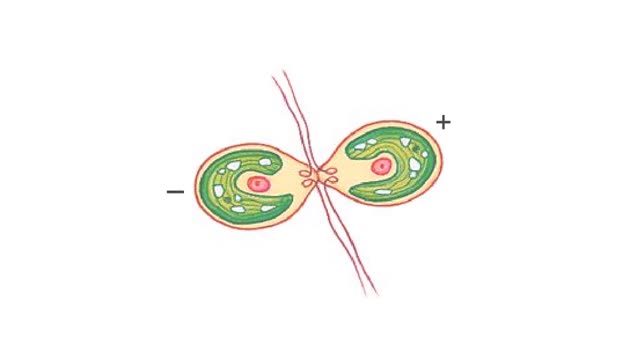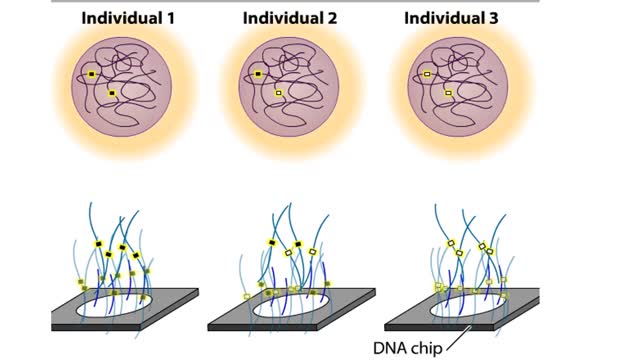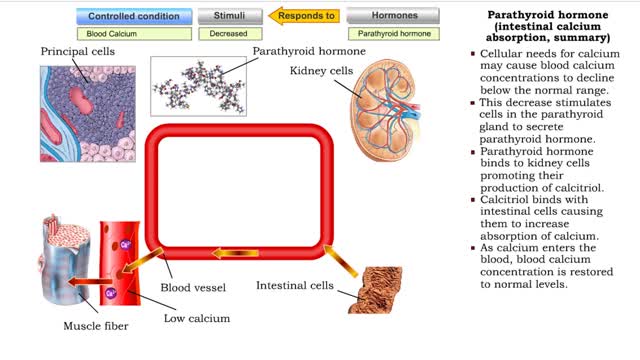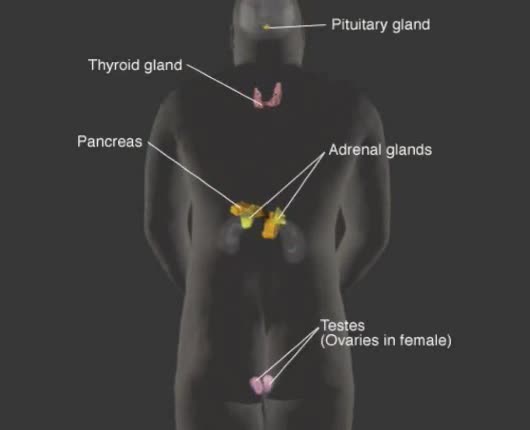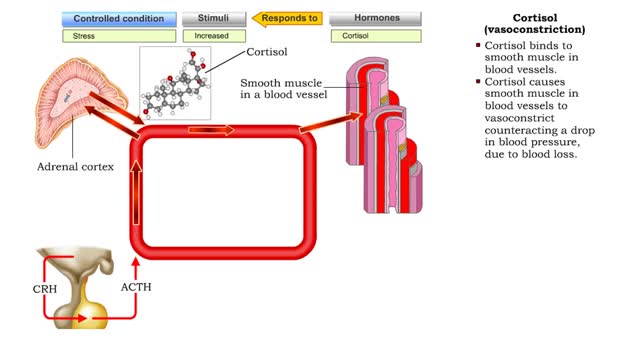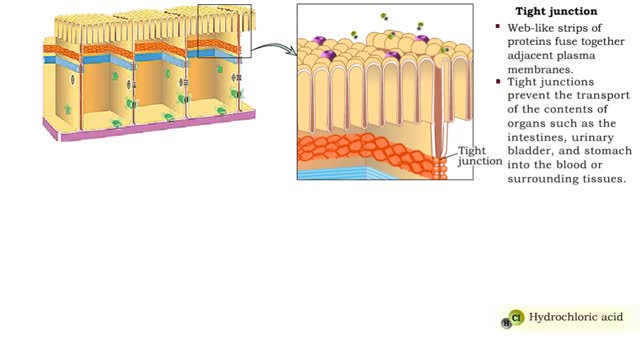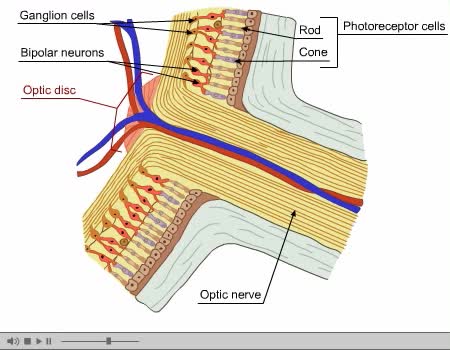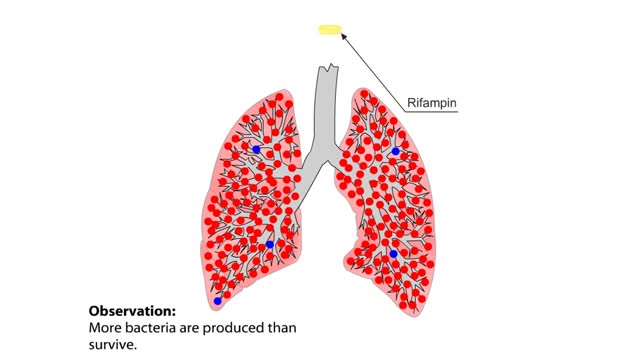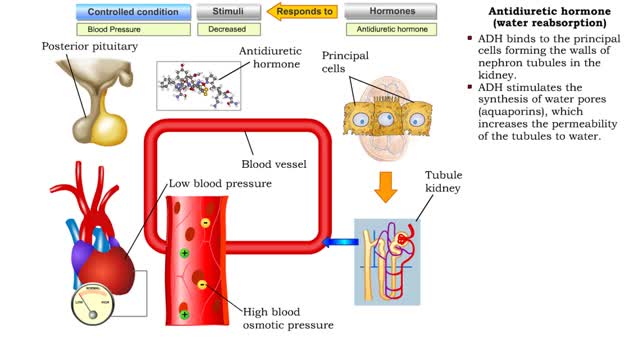Search Results
Results for: 'B cells and antibodies'
By: HWC, Views: 5493
Protozoan conjugation is an unusual form of sexual reproduction Prospective partners join together, usually at the surface of their oral depressions. The cells undergo cytoplasmic fusion. Meiosis II produces four haploid micronuclei. Now the macronucleus of each cell begins to bre...
SNP Polymorphysim Microarray Chip - How to Test a Person's DNA
By: HWC, Views: 10427
To test a person's DNA, a researcher first needs a source of tissue. Most of the cells in a blood sample are red blood cells, which lack nuclei, but there are also a number of white blood cells, which do contain nuclei and chromosomal DNA. If we could see a particular DNA sequence in these cel...
Parathyroid hormone (bone resorption) & Calcitonin (bone deposition)
By: HWC, Views: 10943
• Cellular needs for calcium may cause blood calcium concentrations to decline below the normal range. • This decrease stimulates cells in the parathyroid gland to secrete parathyroid hormone. • Binding of parathyroid hormone to osteoclasts in bone tissue promotes bone resorption and th...
By: Administrator, Views: 1671
Vital function of endocrine system: Production and regulation of chemical substances called hormones. Hormones Chemical transmitters released in small amounts and transported via bloodstream to a target organ or other cells. Transfer information and instructions from one set of cells to anot...
Cortisol (protein catabolism, gluconeogenesis, vasoconstriction & anti-inflammation)
By: HWC, Views: 10780
• Stressors stimulate production of hypothalamic releasing hormones, corticotropin releasing hormone, hormone (CRH) and adrenocorticotropic hormone (ACTH) stimulate. • These hormones promote increased production of 1 cortisol from the zona fasciculata cells of the adrenal cortex. • Cort...
Junction Types - Tight and Adherens Junctions
By: HWC, Views: 11496
Many tissues contain in tercellular junctions between cells. 1. Tight junction 2. Adherens junction 3. Desmosome 4. Hemidesrnosome 5. Gap junction 1. Tight junction • Web-like strips of proteins fuse together adjacent plasma membranes. • Tight junctions prevent the transport...
By: Administrator, Views: 14483
A photoreceptor cell is a specialized type of neuroepithelial cell found in the retina that is capable of visual phototransduction. The great biological importance of photoreceptors is that they convert light (visible electromagnetic radiation) into signals that can stimulate biological processes...
Mycobacterium tuberculosis: Drug Resistance and Natural Selection
By: HWC, Views: 9841
The evolution of drug resistance in microorganisms, such as M. tuberculosis, that cause human diseases is of particular concern to biologists. When Mycobacterium tuberculosis infects the lungs of humans, it causes the disease tuberculosis, also called TB. Once infected, the lungs act as a new...
Antidiuretic hormone (vasoconstriction, water reabsorption & sweat inhibition)
By: HWC, Views: 10934
• Dehydration, blood loss, and low amounts of water in the blood can cause blood volume and pressure to decrease. • Neurosecretoxy cells in the posterior pituitary release antidiuretic hormone(ADH). • ADH binds to smooth muscle cells in blood vessel walls, stimulating them to vasoconstr...
Advertisement



